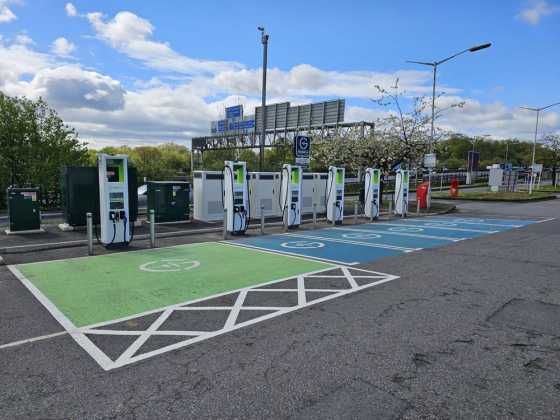Auto sector low carbon technology to receive £75m
The Advanced Propulsion Centre (APC) has revealed it is awarding £75m worth of funding to the latest five projects into low carbon research and development.
The projects will develop low carbon and energy efficient technology in the automotive sector and are also set to boost jobs and growth in the sector.
The five winning projects responsible for designing new products and systems include: The London Taxi Corporation, which is embarking on a project to deliver a series of light-weight, zero-emission capable, range extended vehicles in a £46.5 million project; Morgan Motor Company has been awarded a £6 million grant to develop heavily down-sized, fuel efficient petrol engines coupled with the latest electrification technologies to produce hybrid sports cars and all-electric variants; a consortium led by AGM Batteries has been awarded £5.4 million for a project to develop the next generation of battery packs for high performance, low carbon vehicles; a consortium led by engineering firm Parker Hannifin has been awarded a £2.9 million grant to reduce the carbon footprint of electric forklift vehicles; and an an innovative research project of £13.1 million led by Jaguar Land Rover which will build up the automotive turbocharger supply-chain in the UK.
On a visit to Morgan Motor Company, Business Secretary Sajid Javid announced: “These new projects will cement the UK’s position as a leading global centre for low carbon innovation and manufacturing.
“Our fast-growing and diverse automotive industry has been especially successful at exporting high-value, high-technology vehicles all over the world, and our focus on next-generation innovation will ensure we can continue this progress and create even more high-skilled jobs.”
Jon Beasley, APC Director for Technology and Projects, said: “The announcement of the fourth round competition winners demonstrates the government’s on-going commitment to supporting the UK’s low carbon advanced propulsion system innovation ecosystem. Co-investment in technological developments to be delivered by industry-led consortia, range from high risk incremental growth programmes to innovative cutting edge research and development, showing the UK is committed to establishing itself as a global centre for the promotion and development of low carbon propulsion systems.”
Between 2015 and 2020, the government will be spending more than £600 million to support the development and manufacture of ultra-low emission vehicles (ULEVs) in the UK.



